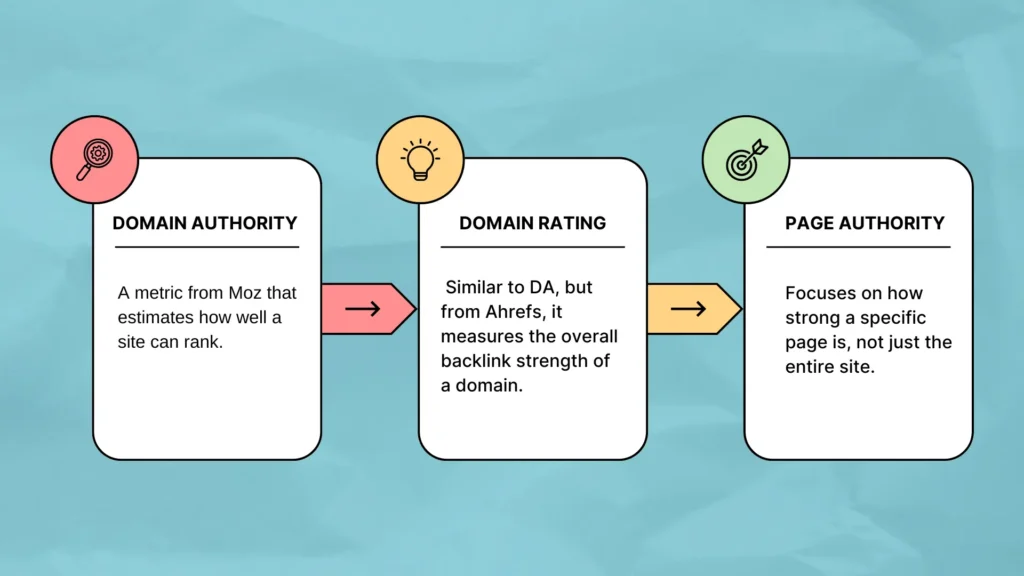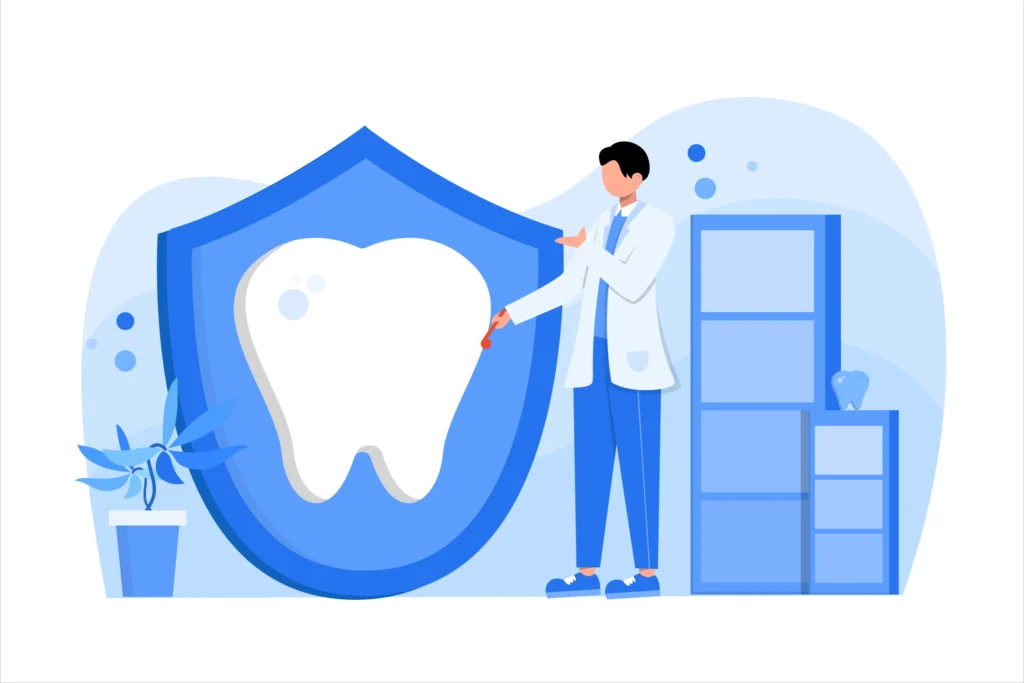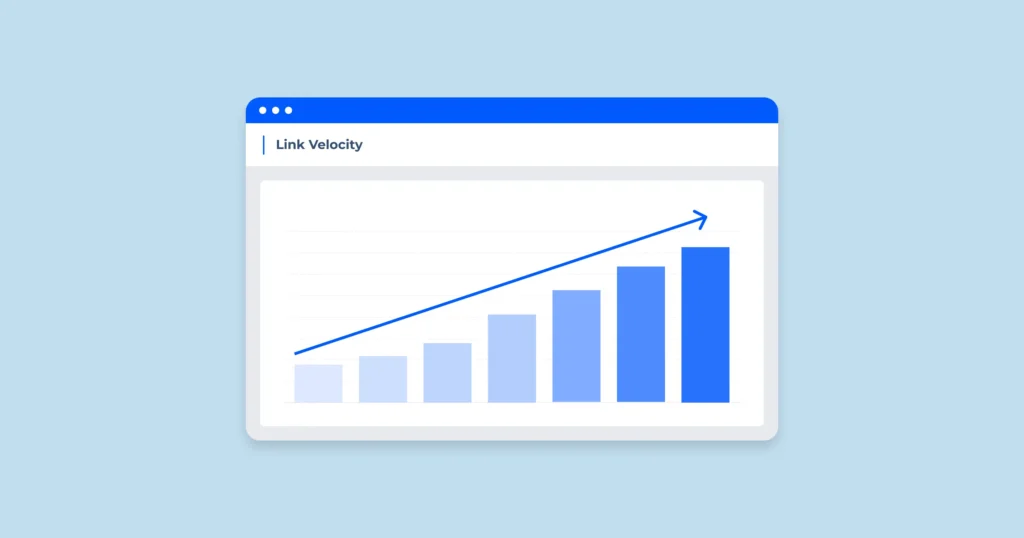
Running a dental clinic today means more than just cleanings and root canals; it also means showing up when someone nearby Googles “dentist near me.” That’s where link building comes into play. When other websites mention your practice and link to your site, you gain credibility in Google’s eyes. These backlinks pass something called link equity, also known as “link juice”, that helps your PageRank go up. The higher your PageRank, the more likely new patients will find your clinic when searching online.
But link building isn’t just a numbers game. It’s about building relationships and trust with search engines and potential patients. To make your efforts count, quality and strategy matter more than sheer volume.
Backlinks are only valuable when relevant to your field and look natural. That’s where topical relevance and a natural link profile come in. A backlink from a dental conference website, oral health blog, or a local medical directory is worth far more than a random mention on a recipe site.
Google also pays close attention to co-citation and co-occurrence. If multiple trusted dental-related sites mention your clinic (even without linking), or if your clinic’s name appears next to related dental terms, that signals authority. Together, these cues help search engines connect the dots about your niche.
Building links that truly boost your dental practice’s rankings requires more than just collecting URLs. It’s about earning high-quality, relevant backlinks that pass authority and fit naturally within your site’s niche. Focusing on these factors helps search engines recognize your site as trustworthy and valuable:

A contextual link, one placed naturally inside a paragraph, holds far more value than one buried in a sidebar or footer. If a dental blog writes a post on cosmetic procedures and mentions your clinic as a trusted provider, that link tells Google you’re part of that topic ecosystem.
Anchor text optimization is about the clickable words in a hyperlink. For dentists, it’s smart to vary your anchor text with branded phrases (“Dr. Patel Dental Studio”), service-specific terms (“teeth whitening in Denver”), and generic links (“this dental clinic”). Too much repetition can make your links look unnatural and risk penalties.
You don’t want all your backlinks from the same few sites. Backlink diversity matters. Aim to get links from different kinds of sources, directories, blogs, news features, guest posts, forums, and industry partners. Also, pay attention to your referring domains count. The more unique websites that link to you, the better your authority looks to Google.
Studies show that websites with backlinks from 100+ unique domains are 3 times more likely to rank on the first page of Google. Ahrefs data reveals that the average top-ranking page has backlinks from over 50 different domains. Moz’s research confirms that the number of unique referring domains is one of the strongest ranking factors in Google’s algorithm.
It’s not just about who links to you, but how. Search engines evaluate a link’s strength using several authority signals:

So, a link from a high-DA dental news site to your “Invisalign” page is gold. A link from a spammy forum to your homepage? Not so much.
When it comes to building quality links, there are some effective strategies that many dental professionals don’t take full advantage of. These approaches can give you a solid edge without much extra effort:
Most dentists don’t realize the value of checking where their competitors get backlinks. Using tools like Ahrefs or SEMrush, you can discover high-authority sites linking to others in your field. Reaching out to these sites with your updated or better content can earn you valuable links quickly.
Finding broken links on dental blogs or resource pages and offering your content as a replacement is a simple yet powerful way to build contextual links. It helps site owners fix their pages while boosting their backlink profile with relevant, trustworthy links.
Linking with local organizations through sponsorships or partnerships can generate high-quality backlinks from trusted domains like .org or .edu. These links not only improve your SEO but also build your reputation in the community, showing Google you’re a real and respected local presence.
Participating in or sponsoring dental-related podcasts can offer valuable backlinks and help build your practice’s authority. When you’re a guest on a podcast or collaborate with hosts, they often link back to your website in the episode notes.
This drives relevant traffic and signals trust to search engines. Some popular podcasts in the dental field include The Dentalpreneur Podcast, Dental Hacks, and The Thriving Dentist Show. Engaging with these shows or similar ones can boost your visibility and credibility in the dental community.
Creating helpful and updated dental content gives others a reason to link to you. Content freshness plays a key role in earning new backlinks. For example, an up-to-date blog post on “2025 dental insurance trends” is more likely to get shared and cited than a three-year-old post.

Make it a habit to regularly refresh your service pages, blog content, and FAQ sections. New data, stats, or visuals also attract more contextual links from niche bloggers and journalists.
Link building can be confusing, especially for those with limited experience in link building or dental marketing. If you need clear guidance or assistance in creating an effective strategy, the team at Whitelinkbuilding.com is ready to support you. We provide professional help to make sure your dental practice builds a strong and reliable online presence.
Every backlink on the web carries a tag, either dofollow or nofollow, which tells search engines how to treat the link. Dofollow links allow search engines to follow the link and pass along link equity (also called “link juice”), which can directly improve your site’s rankings. On the other hand, nofollow links include a signal that tells search engines not to transfer ranking power.
But that doesn’t make nofollow links worthless. They still drive referral traffic, strengthen brand recognition, and support a natural link profile. For example, links from platforms like Facebook, Twitter, LinkedIn, Reddit, and even YouTube are often nofollow, but they come from high-authority environments and show Google that real users are mentioning your brand. Having a healthy mix of both dofollow and nofollow links makes your link profile look natural and trustworthy.
Every local listing that mentions your business name, address, and phone number is a citation. Listings on platforms like Google Business Profile, Healthgrades, Zocdoc, and Yelp can boost your local visibility while also passing link signals.
And within your site, don’t ignore internal linking. Connect blog posts to service pages, link FAQs to contact forms, and create clear paths for both users and crawlers. This helps distribute link equity throughout your site and supports faster indexing.
Getting 30 links in one week and none for the next three months? That looks fishy. Link velocity refers to the speed and pattern at which your site gains backlinks. A steady, natural pace of link growth shows search engines that your site is earning links organically, not manipulating the system.

Aim for 3–5 new quality links a month if you’re just starting. As your domain grows, you can increase your pace and aim for links with stronger page authority and domain rating.
Here’s a quick roadmap that blends all of the above into a smart plan:
Link building for dentists goes beyond just SEO; it builds trust, increases local visibility, and helps your clinic be the first choice for new patients. By using strategies that balance Domain Authority, Domain Rating, anchor text, and backlink diversity, you create a strong and lasting online presence. In today’s competitive market, every click can turn into a new patient, making that visibility truly valuable.
Start building your clinic’s online authority today by connecting with experts who can guide you toward sustainable growth and a steady stream of new patients. Visit Whitelinkbuilding.com to get proven link-building strategies customized for dental practices. Your next patient is just a link away.
How does link building help dentists attract more local patients?
Link building improves your website’s authority, making it easier to rank for local searches like “dentist near me” or “emergency dental clinic New Jersey.” When trusted local directories, blogs, or dental associations link to your site, it tells Google your clinic is relevant, reliable, and geographically important.
What are the best link-building strategies for dental clinics?
Top strategies include earning backlinks from dental blogs, local sponsorships, dental podcasts, citation listings, and competitor backlink analysis. These methods generate high-quality, niche-relevant links that not only support SEO rankings but also attract patients actively looking for dental services.
Do dentists need both dofollow and nofollow links for SEO?
Yes. Dofollow links pass SEO value and help improve rankings, while nofollow links from platforms like Yelp or Reddit still drive real traffic and enhance your site’s natural link profile. Google rewards diversity, so having both is key to building trust and avoiding algorithmic penalties.